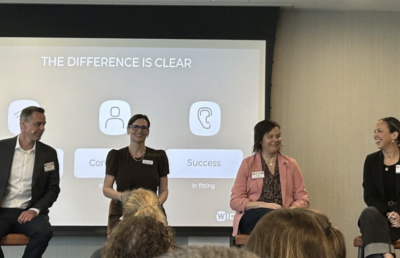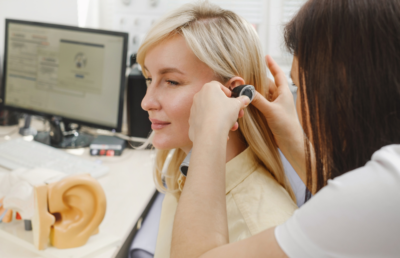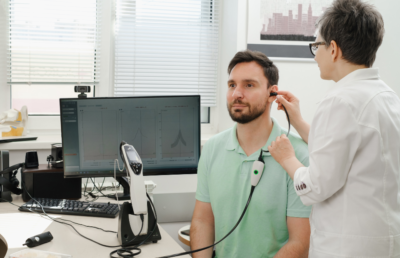The world of hearing heath suffers from a lot of misconceptions and hearsay. As an audiologist, a part of my job is to educate patients and the general public about facts related to hearing health. Here are four of the most common hearing health myths, and the truth behind them:
Nothing helps hearing loss — this is not true. Properly fit hearing aids, whether on the cheaper or more expensive end of the spectrum, will improve communication. You may still have trouble hearing in noisy situations, but overall clarity will be improved. Improperly programmed hearing aids and some over the counter PSAPs may not give the benefit you are expecting.
Hearing loss is harmless — think again. Many people think they can power through hearing loss by straining their hearing, using context clues, and turning up the TV very loud. There is now an increasing pool of evidence that hearing loss affects not just your hearing but also many other aspects of physical health, from balance, to heart health, to being prone to physical accidents.
Hearing just goes with age, and there isn’t much you can do about it — it’s true that hearing loss is associated with old age, but that’s also because our hearing apparatus goes through a lot of wear and tear over the years. You can absolutely protect your hearing over the years and keep it healthy longer by limiting your exposure to loud noises and taking care of the rest of your physical health.
Mild hearing loss is not an issue — even mild hearing loss can present challenges. There is no guarantee that your hearing loss will not get any worse, but getting prompt treating could actually help your hearing from deteriorating further, in addition to increasing your quality of life.
We hope this overview of four common hearing health myths will help you when interacting with others who may still believe these things. If you have any other questions about hearing loss, don’t hesitate to contact us!





